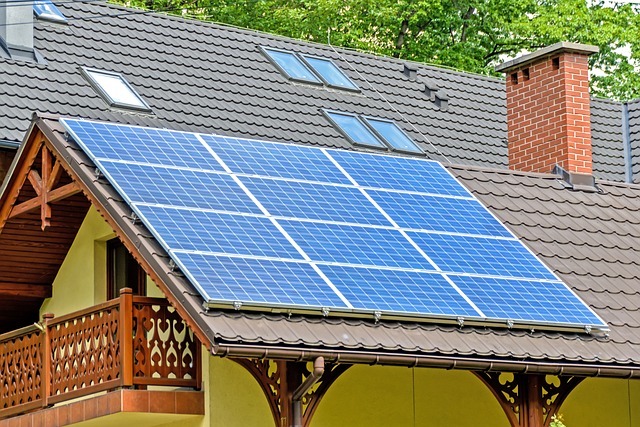
Artificial intelligence (AI) is revolutionizing the way solar power systems are managed, providing enhanced efficiency, predictive maintenance, and optimized energy distribution. With the ability to analyze large datasets in real-time, AI is helping operators monitor, predict, and control solar power systems more effectively.
The Role of AI in Solar Power Management
AI uses advanced algorithms to monitor solar power systems, analyzing data from various sensors to predict and manage energy output. These algorithms evaluate factors like sunlight intensity, weather patterns, and panel performance to make real-time adjustments, ensuring the maximum energy is generated and efficiently distributed.
Benefits of AI in Solar Power Systems
- Predictive Maintenance: AI can predict when equipment might fail or underperform by identifying patterns that humans might miss. This proactive approach helps reduce system downtime and saves costs associated with unexpected repairs.
- Real-Time Monitoring and Optimization: AI-based platforms enable real-time monitoring of solar arrays, identifying fluctuations in energy production due to shading, weather changes, or equipment issues. Real-time adjustments maximize energy production and improve efficiency.
- Enhanced Grid Management: AI allows for better integration of solar power into the electricity grid by predicting demand and optimizing supply, reducing strain on the grid and improving energy reliability.
- Energy Forecasting: By using machine learning models, AI can forecast energy production based on historical weather data and seasonal patterns. This helps energy providers plan for energy availability and meet demand efficiently.
Examples of AI Applications in Solar Power Management
- Google’s DeepMind: Google’s DeepMind has been applied to forecast the energy output of wind and solar farms. This tool predicts energy generation 36 hours in advance, allowing the grid to balance supply with demand more accurately.
- AI-Driven Solar Panel Maintenance: Some solar companies use drones equipped with AI-based image recognition to inspect solar panels for damage or dirt accumulation. AI algorithms process the images to detect maintenance needs, helping keep panels clean and functioning optimally.
- Smart Inverters: AI is used in smart inverters that adjust power output based on grid demand and other real-time conditions. This helps manage voltage fluctuations and ensures that solar power systems contribute effectively to grid stability.
Drawbacks of AI in Solar Management
While AI brings many benefits, there are some challenges to its integration in solar power systems:
- High Initial Costs: Implementing AI technology can be costly, requiring significant investment in software, hardware, and skilled personnel.
- Data Privacy and Security: AI systems collect large amounts of data, posing potential privacy and security concerns.
- Complexity and Maintenance: AI systems are complex and may require ongoing maintenance and updates to remain effective and reliable.
Conclusion
AI is transforming solar power system management by providing predictive maintenance, optimizing energy distribution, and forecasting demand. Despite its challenges, AI offers a pathway to increased efficiency and reliability in solar energy. With continuous advancements in AI technology, the solar industry is poised for further growth, making renewable energy sources like solar power even more viable for the future.

